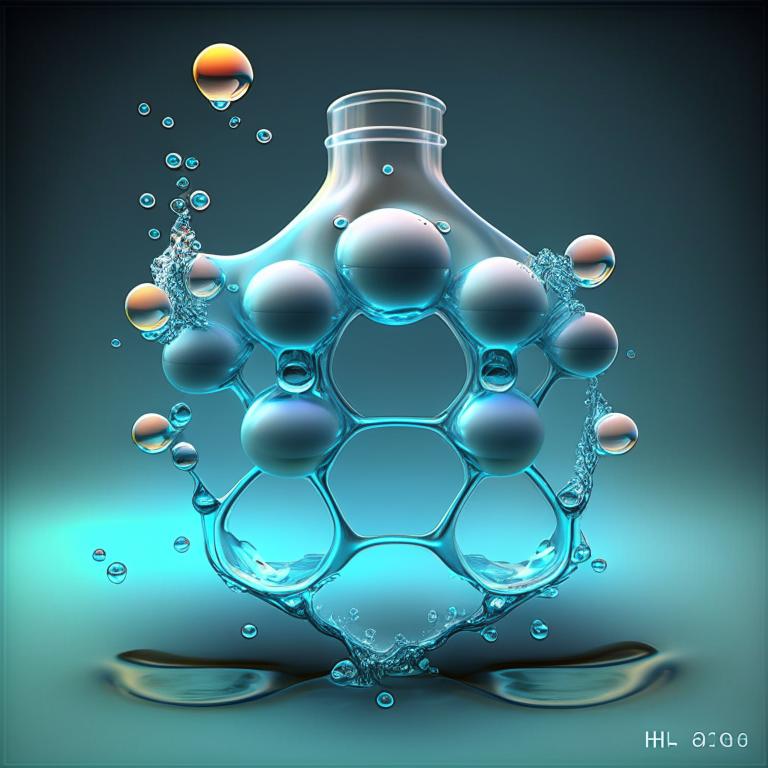Entheogens: A Gateway to Spiritual Exploration and Personal Growth
Table of Contents
- Introduction
- What Are Entheogens?
- Historical Perspective
- Types of Entheogens
- 4.1 Psychedelic Mushrooms
- 4.2 Ayahuasca
- 4.3 Peyote
- 4.4 LSD
- The Spiritual Connection
- 5.1 Indigenous Rituals
- 5.2 Modern Spiritual Practices
- Impact on Mental Health
- 6.1 Therapeutic Potential
- 6.2 Risks and Precautions
- Legal Considerations
- Entheogens vs. Recreational Drugs
- Personal Experiences
- Choosing the Right Setting
- Responsible Use
- The Role of Entheogens in Society
- Cultural and Ethical Aspects
- Future Research and Developments
- Conclusion
Entheogens, often referred to as "God-inducing" substances, have a long history of use in various cultures for spiritual and introspective purposes. In this article, we delve into the world of entheogens, exploring their origins, types, impact on mental health, and their evolving role in modern society.
1. Introduction
Entheogens, also known as psychedelics, have been an integral part of human history, used by diverse cultures for religious ceremonies and personal growth. Today, the resurgence of interest in these substances is fueled by a quest for spiritual enlightenment and therapeutic benefits.
2. What Are Entheogens?
Entheogens are psychoactive substances that induce altered states of consciousness, leading to a profound spiritual experience. They are often derived from plants, fungi, or synthetic sources, with the potential to unlock hidden dimensions of the mind.
3. Historical Perspective
Throughout history, various civilizations have incorporated entheogens into religious rituals. From the ancient rituals of the Aztecs using peyote to the Amazonian tribes' ayahuasca ceremonies, these substances played a crucial role in connecting individuals with the divine.
4. Types of Entheogens
4.1 Psychedelic Mushrooms
Psychedelic mushrooms, such as psilocybin-containing varieties, have been used for centuries by indigenous cultures for their hallucinogenic properties. They are known for inducing mystical experiences and enhancing spiritual connections.
4.2 Ayahuasca
Ayahuasca, a traditional Amazonian brew, combines the Banisteriopsis caapi vine and Psychotria viridis leaves. This potent mixture induces intense visionary experiences, often described as a journey into the soul.
4.3 Peyote
Derived from the peyote cactus, mescaline is the primary psychoactive compound in peyote. Native American tribes, particularly the Navajo and Huichol, have used peyote in sacred ceremonies to commune with the divine.
4.4 LSD
Lysergic acid diethylamide (LSD) is a synthetic entheogen known for its mind-altering effects. It gained popularity in the 1960s counterculture movement and continues to be a subject of interest for spiritual seekers.
5. The Spiritual Connection
Entheogens foster a profound spiritual connection, both in indigenous rituals and contemporary practices.
5.1 Indigenous Rituals
Indigenous communities use entheogens as a means to communicate with higher powers, seeking guidance and healing through ritualistic ceremonies.
5.2 Modern Spiritual Practices
In the modern era, entheogens are increasingly integrated into spiritual practices, with individuals exploring their consciousness to attain a deeper understanding of self and existence.
6. Impact on Mental Health
Entheogens have garnered attention for their potential therapeutic benefits.
6.1 Therapeutic Potential
Research suggests that entheogens may hold therapeutic promise for mental health issues, including depression, anxiety, and PTSD. Clinical trials are underway to explore these possibilities.
6.2 Risks and Precautions
While entheogens show promise, it's crucial to acknowledge potential risks. Responsible use, proper set and setting, and guidance from experienced facilitators are essential to mitigate adverse effects.
7. Legal Considerations
The legal status of entheogens varies worldwide. Some are strictly prohibited, while others are decriminalized or used in religious exemptions. Understanding and respecting local laws is paramount.
8. Entheogens vs. Recreational Drugs
Distinguishing entheogens from recreational drugs is vital. Entheogens are revered for their sacred and spiritual use, requiring a mindful approach rather than casual consumption.
9. Personal Experiences
Countless individuals report life-changing experiences with entheogens, citing enhanced self-awareness, spiritual insights, and a newfound appreciation for life.
10. Choosing the Right Setting
Creating a conducive environment is crucial when embarking on an entheogenic journey. A safe and comfortable setting contributes to a positive experience.
11. Responsible Use
Responsible use involves thorough research, preparation, and respect for the substance. Understanding individual tolerance and potential interactions is key.
12. The Role of Entheogens in Society
As societal attitudes evolve, entheogens are gradually shedding their stigma. Advocates argue for their potential to foster empathy, compassion, and societal harmony.
13. Cultural and Ethical Aspects
Respecting the cultural origins of entheogens and acknowledging their sacred nature is essential. Cultural appropriation and ethical considerations must be forefront in any discourse.
14. Future Research and Developments
Ongoing research explores the therapeutic applications of entheogens, with potential breakthroughs in mental health treatment and personal development.
15. Conclusion
Entheogens, with their rich history and potential for spiritual and therapeutic benefits, continue to captivate the human imagination. As society reevaluates its approach to these substances, a balanced and informed perspective is crucial for their responsible use and integration into modern life.
FAQs About Entheogens
-
Are entheogens safe for consumption?
- Entheogens should be approached with caution. While many users report positive experiences, proper research, preparation, and adherence to responsible use guidelines are crucial.
-
What is the recommended dosage for entheogens?
- Dosages vary based on the specific substance. It's imperative to start with a low dose, especially for beginners, and increase gradually if needed, under the guidance of experienced individuals.
-
Can entheogens be addictive?
- Entheogens are generally not considered physically addictive. However, psychological dependence can occur, emphasizing the importance of responsible use.
-
How do entheogens affect mental health conditions?
- Research indicates potential therapeutic benefits for mental health conditions. However, individuals with pre-existing conditions should consult healthcare professionals before considering entheogenic experiences.
-
Are there any potential negative side effects of entheogens?
- While many users report positive outcomes, adverse effects such as anxiety, nausea, or hallucinations can occur. A controlled and supportive setting is essential to mitigate these risks.

